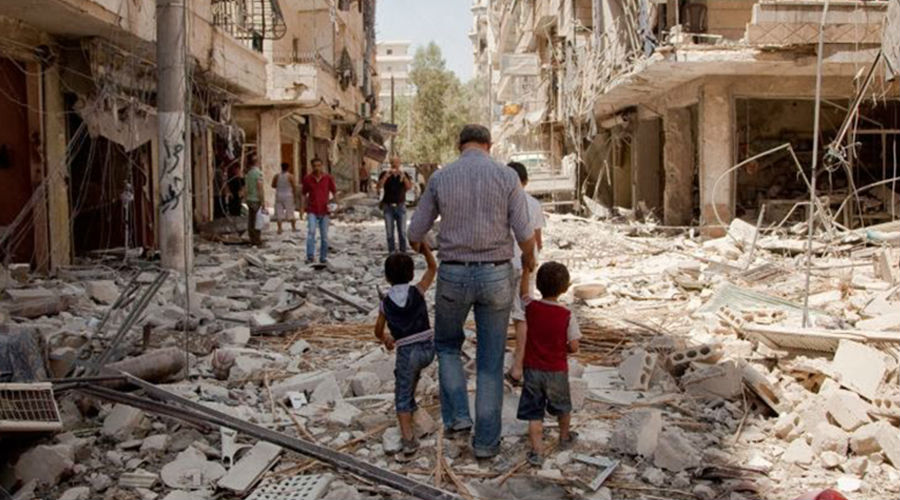Syria and the Challenges of the New Generation in Reconstruction

This reality raises an urgent question: How can a country that has completely destroyed its infrastructure, lost its productive sectors, and has a large percentage of its youth unable to contribute to the rebuilding process be reconstructed?
2.7 million Syrian youth have not received education and do not possess any vocational skills. At a time when they were supposed to be the backbone of the future, they have become a heavy burden on the economy and society.
This problem cannot be solved with traditional training programs, but requires a comprehensive plan that includes:
Rehabilitation of education through building new schools and training teachers, with a focus on vocational and technical education.
Creating quick job opportunities through labor-intensive projects in construction and agriculture, even if temporary.
Expanded partnership with the private sector to ensure sustainable employment and link training to market needs.
Although Al-Shaar confirmed that the government does not intend to privatize the public sector, but seeks partnerships with the private sector for reconstruction. But the question is: Who will bear the investment risks in Syria today? Despite the optimism of some Syrian businessmen in Turkey, who have started investment projects, the security and legal challenges remain a major obstacle. To attract investments, the government must provide guarantees including:
Political and security stability: Investors will not risk their money in an unstable environment.
Legal reform: Clear laws that protect investors from corruption.
Activating popular oversight and accountability is essential to ensure the integrity of projects.
Recognizing the problem is the first step towards a solution. The candid statements of the Minister of Economy and Industry reflect the government's intention to seriously address the crisis.
The main challenges facing Syria today:
Funding for reconstruction, especially infrastructure projects.
Reforming the education system and returning millions of youth to schools or vocational training.
Creating job opportunities, which requires achieving political and international stability.
The ball is now in the court of the government and the international community. Will there be a real will to save an entire generation from loss?